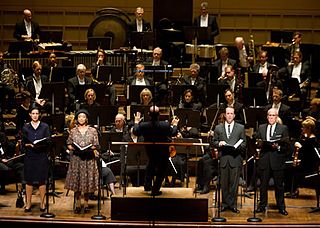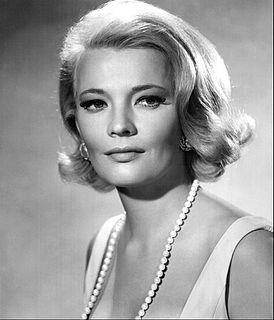A Quote by Maggie Smith
Which is strange - I've always thought of myself as someone who writes out of difficulty. And I did do that, but I came out on the side of light more often than not.
Related Quotes
Her name sprang to my lips at moments in strange prayers and praises which I myself did not understand. My eyes were often full of tears (I could not tell why) and at times a flood from my heart seemed to pour itself out into my bosom. I thought little of the future. I did not know whether I would ever speak to her or not or, if I spoke to her, how I could tell her of my confused adoration.
Are not the thoughts of the dying often turned towards the practical, painful, obscure, visceral aspect, towards the "seamy side" of death which is, as it happens, the side that death actually presents to them and forces them to feel, and which far more closely resembles a crushing burden, a difficulty in breathing, a destroying thirst, than the abstract idea to which we are accustomed to give the name of Death?
I had always had a little problem looking out for myself in love. I was afraid people would leave me. So I sort of clung and did everything possible to keep someone around. I didn't have a hard talk with myself about who I was keeping around. Doesn't take a rocket scientist to figure that out. I clung to people like human life preservers. I thought i'd die if someone left me. Its ironic because now I'm the one who's leaving.
I always thought, I can't waste time, I have to do work. I also thought that I was slower than other people, that I had to concentrate more. I always thought, I'm not brilliant, I have to work. That was something I embedded in myself very early: I have to go home and write. But did I get any more work done than people like Frank O'Hara, who were always going to parties? Probably not.
When you do one more 'Cinderella' or whatever, what is there to learn? Every part in the repertoire has a good side and a bad side, and the more often you do the same ballet, the more often the bad side comes out. If you want to give dance life, you must give it fresh food, not keep going back to the garbage to look for old scraps.
I try to come to my reporting as a real, whole person, not an automaton. And it's always one of the strange discomforts of the job, that you're in this very intense moment in someone's life - you're engaging with them nonstop - and then suddenly your piece is out and that's done. It always reminds me that the journalist's job isn't to be someone's friend, or their psychologist, or anything other than what we actually are. And at the end of the day, that can definitely seem like such a strange, extractive relationship.




































